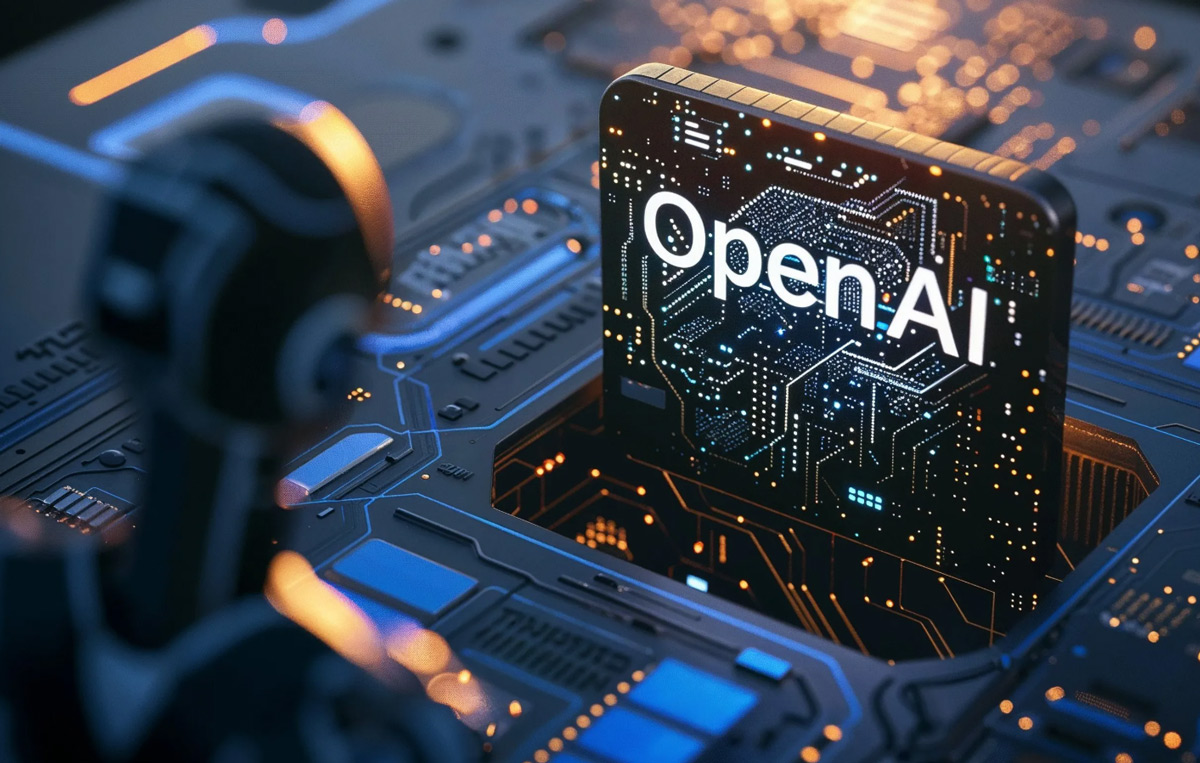OpenAI Secures $200 Million U.S. Defense Contract as AI Role in Government Grows—and Tensions with Microsoft Simmer
OpenAI, the AI company behind ChatGPT, has signed a $200 million pilot contract with the U.S. Department of Defense (DoD), according to Bloomberg. This marks the company’s most significant step yet toward integrating AI into federal operations.
The one-year deal aims to explore how generative AI can enhance national security infrastructure through more efficient handling of administrative duties, such as streamlining healthcare services for military personnel and bolstering cyber defense systems. The project is being led by OpenAI for Government—a new division that will consolidate OpenAI’s public sector engagements.
This new initiative also includes ChatGPT Gov, a secured and fine-tuned version of ChatGPT designed specifically for federal agencies, and follows previous collaborations with NASA, the National Institutes of Health, and the Air Force Research Lab.
“The stakes are high,” said one Pentagon official. “The goal is to ensure that U.S. leadership in AI is reflected not just in the private sector, but across critical government operations.”
In parallel, OpenAI is expanding its presence in defense tech, partnering with defense contractor Anduril Industries to develop AI-powered counter-drone systems. This shift shows a growing interest in using AI for national security—ranging from logistics and surveillance to autonomous defense solutions.
But internal tensions are mounting. As reported by Wall Street Journal, OpenAI board members are considering accusing Microsoft—its biggest investor—of anticompetitive practices. Sources say regulatory complaints could trigger investigations into Microsoft’s dominant role in shaping the partnership and licensing rights to key technologies.
The friction reportedly stems from disputes over OpenAI’s plan to transition into a public-benefit corporation and Microsoft’s claim to commercial rights over OpenAI models. Microsoft has invested over $13 billion into OpenAI, but does not hold direct equity, instead receiving prioritized access to its technology.
Further complicating the partnership, OpenAI has begun diversifying its infrastructure strategy by working with Google Cloud and Oracle, and is building a massive new data center called Stargate, scheduled to open in 2026.
The OpenAI–Microsoft relationship is now being viewed through an antitrust lens, with the potential for federal intervention if talks between the two companies break down. The outcome could reshape one of the most influential alliances in the fast-evolving AI sector.
🚨 OpenAI just inked a $200M deal with the U.S. Department of Defense. From healthcare to cybersecurity, AI is now central to federal infrastructure. The Pentagon goes GPT. pic.twitter.com/AIgov
— AIgovNow (@AIgovNow) June 16, 2025
What’s next? This contract sets the stage for wider federal adoption of AI across healthcare, defense, and cybersecurity. Meanwhile, internal governance and partnership friction could determine whether OpenAI continues its collaboration with Microsoft—or seeks a more independent course.

